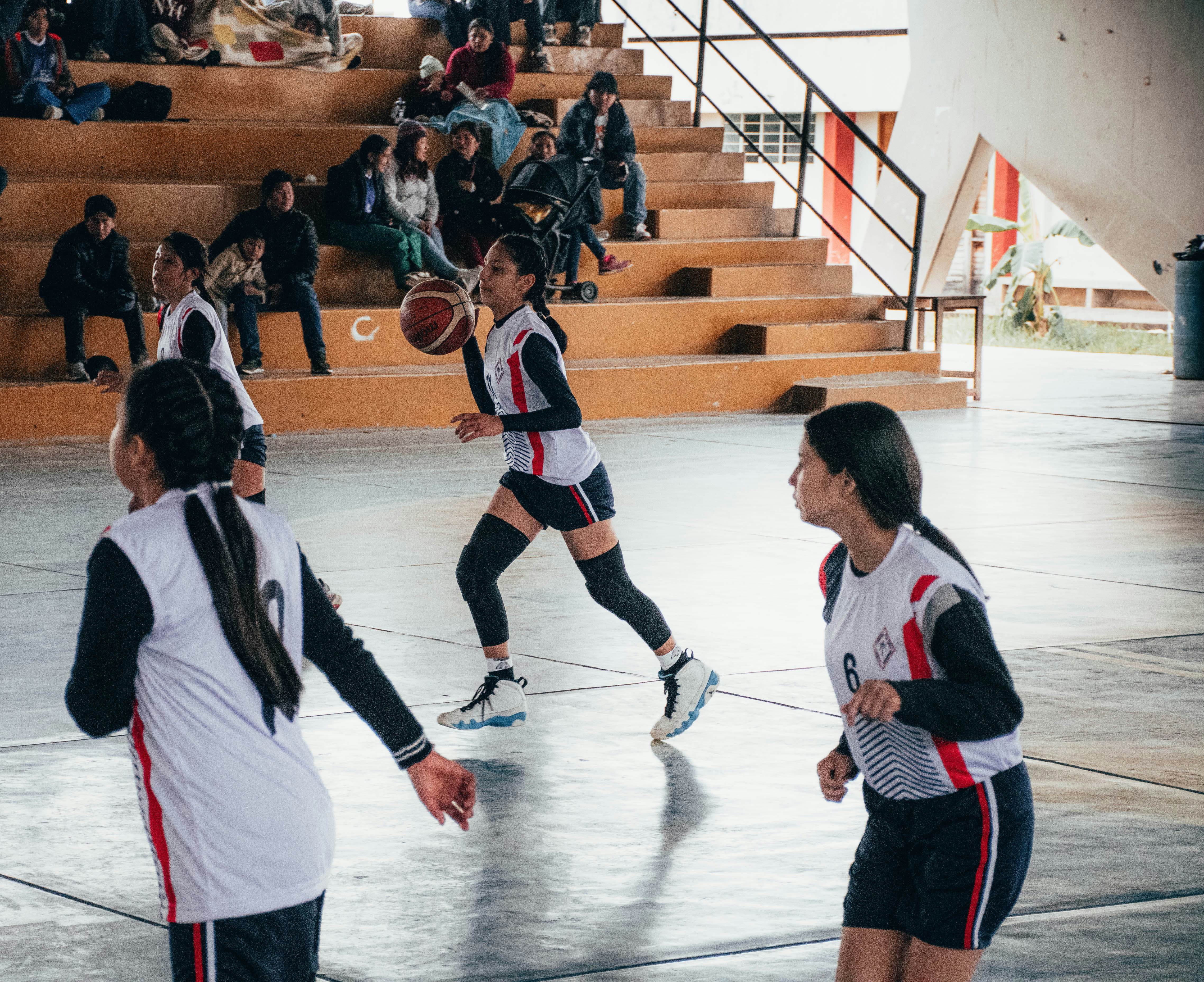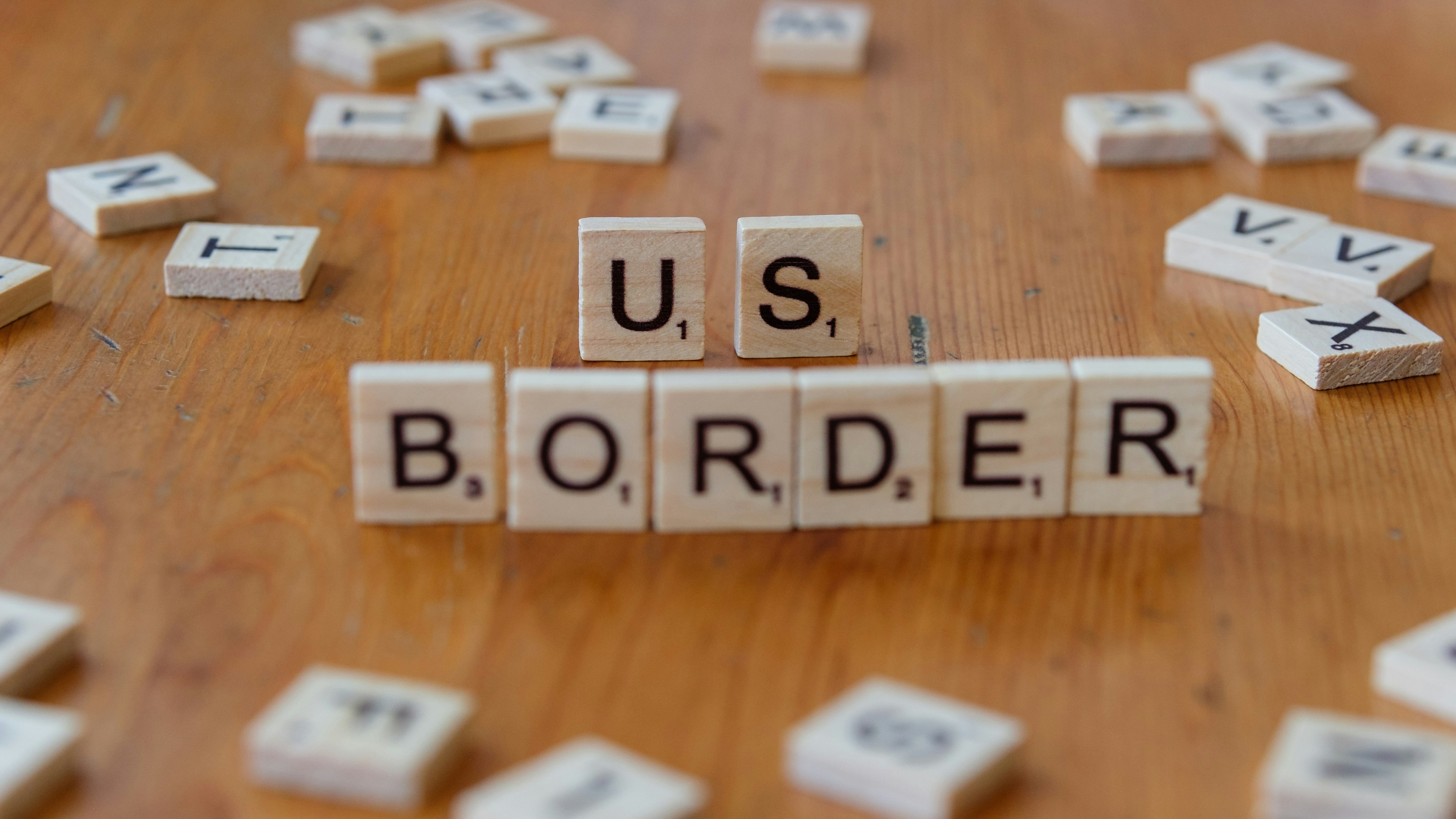The Cultural Exchange of Sports: Redefining National Identity Today
In our interconnected world, the influence of international athletes stretches far beyond the sports field, shaping and transforming national identities in profound ways. This phenomenon is particularly relevant in today's globalization era, where cultural exchanges happen at an unprecedented pace. As we dive into the cultural exchange of sports, we find that athletes serve as ambassadors, challenging stereotypes, bridging gaps, and engaging in cross-border collaborations that redefine what it means to belong to a nation. Let's explore how these elements contribute to a broader discourse on national identity amidst the vibrant backdrop of international sports.
The Role of Athletes as Cultural Ambassadors
International athletes are more than just competitors; they are often seen as representations of their nations. When a Kenyan runner breaks a world record or a Brazilian soccer player dazzles on the global stage, they carry the hopes and aspirations of their countrymen. Athletes become symbols of national pride, embodying cultural values and the spirit of their homeland.
For example, consider the impact of Serena Williams on American tennis. While she has roots in the United States, Williams represents a melding of cultures, infusing her performance with elements that reflect her family's diversity. This cultural exchange allows her to engage with fans worldwide, fostering a sense of international camaraderie that transcends borders. The synthesis of her identity within the sport encourages a conversation about what it means to be American, and how an athlete can exemplify that identity in a global arena.
Cross-Border Collaborations and Influences on National Identity
Sports aren't just a competition—they often serve as a melting pot of cultures. When athletes from different countries come together for tournaments or Olympics, they create an atmosphere where mutual respect and understanding flourish. This cultural fusion can significantly impact how we view national identities.
In football, for instance, tournaments like the FIFA World Cup showcase a display of national pride amid diverse backgrounds. Teams often comprise players from various cultural backgrounds, and their interactions foster an environment of collaboration. For instance, during the 2018 World Cup, the French national team featured a blend of players from diverse heritage—African, Caribbean, and European descent. As a result, their victory wasn’t just about winning the tournament; it became a representation of a new, inclusive French identity that celebrates its multicultural fabric.
The concept of "cultural cross-pollination" is illustrated in many sports, from cricket to basketball. As players interact and learn from one another, they share techniques, strategies, and philosophies that contribute to the broader landscape of their respective sports. Moreover, such interactions help debunk cultural stereotypes and create a more profound appreciation for diversity.
The Sociopolitical Impacts of Sporting Events
Sporting events can also be powerful platforms for sociopolitical dialogue. The visibility of international athletes often gives them a voice to address pressing global issues that resonate with their national identities. One recent example is the rise of athlete activism, where figures like LeBron James and Colin Kaepernick have used their platforms to advocate for social justice. Their efforts reflect a broader trend in which athletes are unafraid to confront and address injustices affecting their communities, thus redefining what it means to represent a nation.
Furthermore, the role of sports diplomacy cannot be understated. World events—such as the iconic “Ping Pong Diplomacy” between the United States and China—showcase how sports can ease geopolitical tensions and foster relationships. This phenomenon extends to numerous international engagements through basketball, soccer, and even eSports. As athletes foster goodwill, they actively reshape narratives around national identities, emphasizing unity rather than division.
The Influence of Media and Technology on Cultural Exchange
The way we consume sports has changed dramatically with the advent of technology. Social media platforms, in particular, play a vital role in shaping cultural perceptions of athletes. They provide a direct channel for athletes to communicate with fans, share aspects of their culture, and express their perspectives on various issues. This openness contributes to richer narratives around national identities.
A great example is the rise of platforms like Instagram and Twitter, where athletes can share their stories beyond the boundaries of their sports. This often humanizes them, allowing fans to connect on a personal level. The evolving nature of sports commentary has also shifted towards showcasing not just the athletic prowess of players, but also their social influences and cultural narratives—changing how we tell sports stories.
Moreover, the impact of eSports cannot be overlooked. Competitive gaming unites players from around the world, often leading to vast cultural exchanges among diverse player bases. This vibrant, interactive environment underscores a modern interpretation of national identity—one that transcends geography. As esports gain legitimacy, they create a unique space for international dialogue and collaboration, redefining the cultural landscape further. Explore more about this dynamic evolution in my article on the influence of eSports on traditional sports engagement.
The Impact of Policy and Economy on Cultural Representation in Sports
As nations invest in sports as a means of economic development or tourism promotion, cultural representation, and identities take on new dimensions. Governments often see athletes as potential influencers who can attract international attention. Consequently, policymakers increasingly engage in strategies that shape how a nation is represented on the global sports stage.
This phenomenon can be observed in countries seeking to boost their sports tourism through high-profile events. The 2022 Winter Olympics in Beijing, for instance, reflected China’s ambitions to showcase its cultural heritage alongside its athletic prowess. Portrayals of athletes, ceremonies, and events can significantly alter perceptions of a nation's identity on the global stage—becoming intertwined with broader discussions about culture and politics.
At the same time, the financial dynamics of sports also affect how national identities are expressed. Sponsorship deals, endorsement contracts, and the power of brands play an essential role in shaping the narrative around athletes. The identity of a nation can be projected through the successful careers of its athletes, reinforcing or challenging existing societal norms.
Balancing Tradition and Modernity in Sports
Traditional sports and modern sporting practices often intersect in cultures undergoing transformation. The fusion of these elements showcases the evolving national identities shaped by both heritage and contemporary influences. Many athletes draw upon traditional practices, emphasizing not only their sports but also their cultural histories.
For instance, rugby in New Zealand isn’t just a sport; it represents the indigenous Māori culture and its connection to national identity. All Blacks’ performances on the pitch complement historical aspects reflected in their famed haka, a traditional Māori war dance. The seamless blend of sports and tradition serves as a reminder that cultural identities remain fluid, ever-adapting to the changing tide while maintaining deep-rooted connections to history.
Leveraging Sports for Social Change
Sports have an immense capacity for sparking social change. By harnessing the influence of athletes and creating inclusive spaces for dialogue, we can shift perceptions of national identities toward a more equitable representation of diversity. Events like the FIFA Women's World Cup have demonstrated that women athletes are actively reshaping the narrative of their countries; achieving success breaks barriers and redefines traditional gender roles in sports.
Furthermore, grassroots initiatives serve as powerful vehicles for cultivating a sense of identity within communities. Young athletes engaging in local leagues contribute to redefining cultural values through collaboration, learning, and shared experiences. These grassroots movements emphasize how sports are not merely a reflection of national pride but also a social glue binding communities together.
Final Thoughts: Embracing the Fusion of Identities in Sports
As we navigate through an increasingly globalized society, the cultural exchange in sports presents a unique opportunity to redefine national identities. This context provides fertile ground for dialogue about unity, diversity, and shared aspirations. From athletes serving as bridges between cultures to sociopolitical dialogues emerging from the fields of competition, the ways in which sports intersect with identity provide insights into our collective experiences. By embracing this fusion of identities, we are not only contributing to a dynamic sports culture but also fostering a more inclusive understanding of what it means to belong in a diverse society.
As we move forward, recognizing the significance of representation, collaboration, and cultural dialogue in sports is essential. Whether it's through supporting grassroots movements, engaging in athlete activism, or simply enjoying the beauty of sports, we can contribute to a cultural exchange that honors the diverse tapestry of our world.
For a deeper dive into the sociopolitical facets of sports diplomacy, check out my analysis on sports diplomacy and its powerful implications for national identities.






